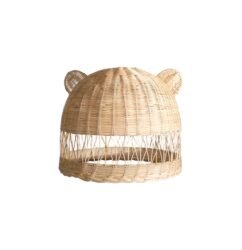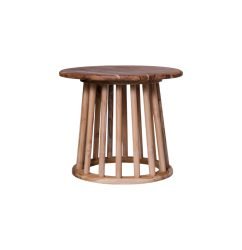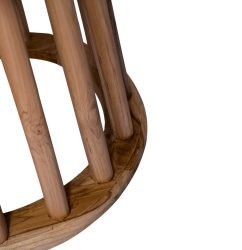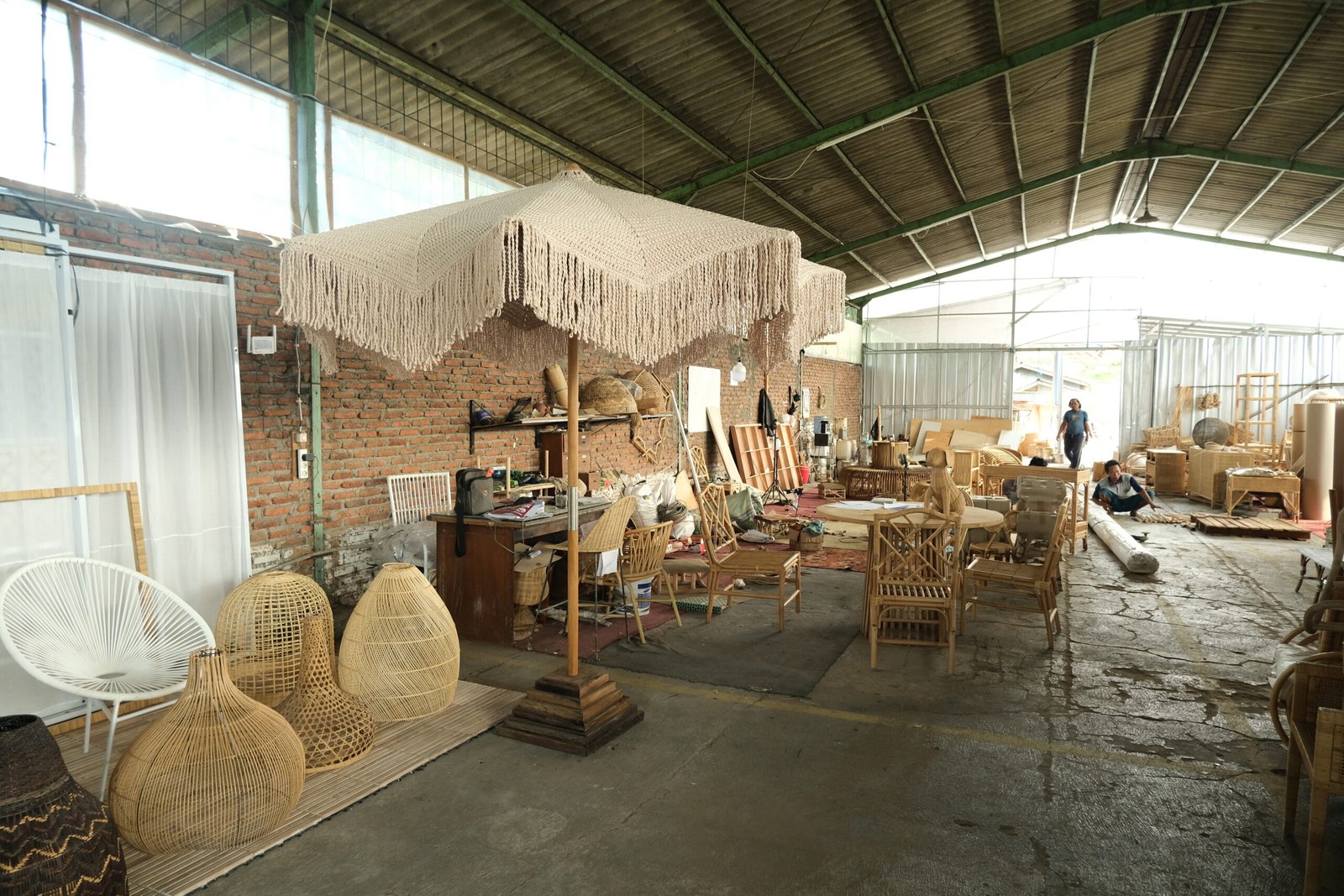Rattan furniture and handicrafts have gained a strong position in the global market thanks to their sustainability, beauty, and versatility. Behind this success are exporters who have transformed traditional craftsmanship into thriving international businesses. Here are inspiring success stories from rattan exporters that can motivate other entrepreneurs in the industry.
1. PT XYZ Rattan — Building Global Trust through Quality
PT XYZ Rattan, based in Cirebon, Indonesia, started as a small family-run workshop producing rattan chairs for local markets. With a consistent focus on quality, fair trade practices, and eco-friendly raw materials, they gradually expanded to serve international clients in Europe and the US.
Key success factors:
✅ Obtained FSC certification to meet global sustainability standards
✅ Invested in artisan training to improve finishing and durability
✅ Consistently attended international trade fairs like IFEX and Maison & Objet
✅ Established a strong online presence to attract B2B buyers
Today, PT XYZ Rattan exports containers of premium handmade rattan furniture to over 25 countries.
2. GreenWeave Philippines — Innovation Meets Tradition
GreenWeave, a rattan exporter from the Philippines, successfully combined traditional weaving skills with contemporary designs to appeal to modern buyers. Collaborating with local designers, they created a collection of minimalist rattan furniture that resonated with eco-conscious millennials worldwide.
Key success factors:
✅ Co-developed new designs with international designers
✅ Used digital marketing and social media to reach a younger audience
✅ Partnered with fair-trade cooperatives to empower rural artisans
✅ Focused on smaller, easy-to-ship items to tap into online marketplaces
Their innovative approach opened doors to partnerships with boutique furniture brands in Australia and Japan.
3. EcoRattan Vietnam — Scaling Sustainably
EcoRattan Vietnam started with a small workshop in Ho Chi Minh City and has grown into one of Southeast Asia’s largest rattan furniture exporters. They achieved this by:
✅ Streamlining production with semi-automated processes
✅ Training local communities in sustainable harvesting techniques
✅ Building long-term relationships with wholesalers in Europe
✅ Prioritizing traceable and ethical supply chains
By scaling sustainably, EcoRattan maintained artisan values while fulfilling large-volume orders for hotels and resorts.
Lessons Learned from These Case Studies
✔ Quality matters — Global buyers expect consistent quality and craftsmanship
✔ Sustainability sells — Certifications and eco-friendly practices build trust
✔ Innovation pays off — Combining tradition with modern design attracts new markets
✔ Strong partnerships — Long-term buyer relationships and fair trade practices help secure stability
✔ Marketing is key — Online branding, social media, and trade show participation expand opportunities
Final Thoughts
These rattan exporters demonstrate that with a commitment to quality, sustainability, innovation, and fair trade, traditional products can thrive in a modern, international market. Whether you are a small workshop or an emerging exporter, their stories can serve as inspiration to grow your rattan business successfully.





